By Susan Hess. May 24, 2018. In the last six years, 46 dairies in Washington closed or were consolidated. Dairies across the country are struggling due to a combination of factors. “A big reason is because dairy farms have increased in size so much,” says Jesse Pearson, who with his parents Monte and Laura, owns Mountain Laurel Jerseys Dairy.
“So now you have farms, even organic farms that have thousands and thousands of cows. So they are able to produce milk more efficiently. But the only thing is, they’re producing a lot more milk, so there is a huge surplus of milk right now worldwide. So that drives the prices down.” Mountain Laurel consists of 20 cows in a farm business where the average herd runs to 500 cows. Three Mile Canyon Farm in eastern Oregon has around 30,000.
Carving a niche.
Pearson, a tall and lanky 43-year-old, exudes a calm cheerfulness, even as he explains that the only way the farm survives is because they sell raw milk. Most dairies sell to cooperatives, but the Pearsons direct-market themselves. It’s an extra job to self-market, he says, “but it really helps us to survive as a small family farm. We can just decide what our price needs to be. What the customer is willing to pay.”
The dairy spreads east of Trout Lake, Washington, an hour and a half east of Vancouver. The farm was homesteaded by Pearson’s great-grandfather in 1883. Pearson’s dad Monte had the diary certified organic 23 years ago, one of the first in the Northwest. The farm now sells eggs, beef, lamb, and vegetables, all certified organic.
The chickens were Monte and Laura’s dream. This year they’re raising over 400 Rhode Island Reds, and eggs now are second to dairy in generating farm income.
Going away. Coming back.
Pearson grew up on this farm. His wife Megan grew up on a nearby farm. But for 10 years they lived off and on in the Kashmir state in India, where they went to start churches. At times, they worked at an orphanage, taught English and led tour groups. They came back to Washington every two years or so for six months, until it became harder and more expensive as the family grew to eight children.
Because of those years in India, Pearson has a different take on farm life. “Now I appreciate so much the stability and the regularity. I think it makes me appreciate the work. It feels so new and interesting, maybe, and because it feels a little safer too. There’s a side to being free and traveling around the world that’s fun, but it makes you appreciate the stability. I do the same thing every day at the same time.”
The family lives across the road from the farm, and all the kids help on the farm. Parents Monte and Laura live next door and the grandmother next door to them.
A business plan for a family farm.
The farm, in fact, is a corporation (that also includes Pearson?s brother who owns a separate dairy a few miles away). A limited liability corporation, Pearson Family Farms, owns the land, and the brothers lease land and buildings from the LLC, but they are paying themselves, making it a savings account.
“We pay cash for all our equipment,” Pearson says. “So that means we just have to buy old, antique kind of equipment. Hundreds of dollars, not thousands. That means we don’t have the complicated computer systems on our tractors and equipment. But I’m so thankful that my dad didn’t have any debt on this farm. All the land is paid off. So I could start something crazy like this with only 20 cows.” He laughs.
Fortunately Mountain Laurel’s organic raw milk sells in stores for a premium price: $16 a gallon. The cows are grass-fed. On a recent morning, clouds of pollen rose out of the fields as the cows made their way from the milking barn to pasture–moving to a new pasture with fresh grass as they do every day.
“The great thing about grass-fed is that I don’t have to pay for a semi-truckload of corn that comes from the other side of the country,” he says. “And I don’t have to be dependent on politics in Russia and China and Argentina that dictates the price of corn. So it allows us to be a little more self-reliant. Cows don’t give as much milk if they’re not eating grain. So then we’re not able to sell as much milk. That’s why most farmers feed grain to their cows. You’d think it would be a no-brainer: if you didn’t have to pay for grain and the cows were healthier.”
Raw milk can only be sold in Washington, and Vancouver is one of their main markets. They sell it through a milk-drop system. Different individuals open up their homes to friends and neighbors who place an order.
The way they sell their lambs is perhaps not so surprising considering that this is a farmer who lived in Muslim Kashmir. “I try to build relationships with the immigrants in Portland, Muslim people,” Pearson says. “They like lamb for the holidays. Now we have some people that come up every year to butcher their own lambs here. I help them out with the butchering part, but they like to do the killing part themselves, because they have a specific way they want to do it, a religious way.”
For the land and river.
The White Salmon River runs only a couple hundred yards away. Keeping manure from getting into rivers is a concern nationwide. The Pearsons put in a tank the size of a city water reservoir; rain and snow melt from the farm yard is pumped into the it. In the summer, that water is run through their irrigation system. For the fields, they put in a pivot irrigation system that limits the amount of water put on the land. Manure from the barn is composted.
Rural residential developments increasingly spread across the Trout Lake valley. For 135 years the Pearson family’s dairy farm has kept large tracts of open space intact and the business in local ownership. In this era, the norm is ever larger industrial-sized farms and absentee ownership. If the public wants these small family farms they will have to support them, and the farmer must find a balance between preserving family value farms and the fast changing market.
For Jesse Pearson, the heart of the farm is the gentle doe-eyed Jerseys. “I always like to tell people our cows are special,” Pearson says, “because they’re grass fed, organic, and they’re Jerseys. The Jersey breed’s milk is typically creamier than milk from other cows. And the taste of milk is in the cream.”

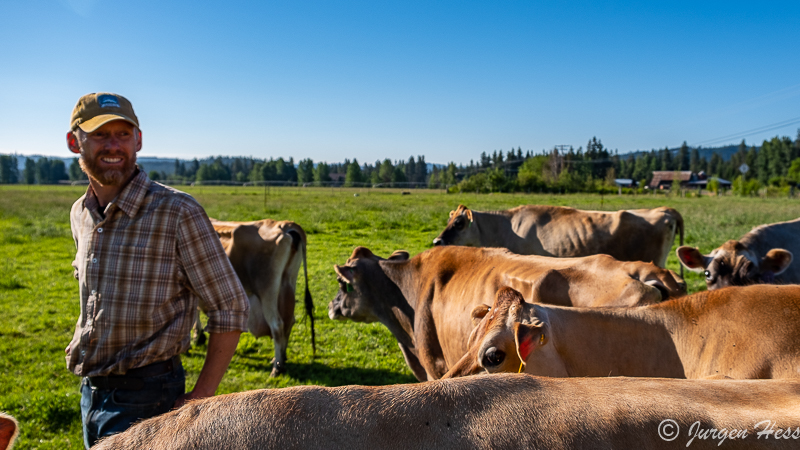
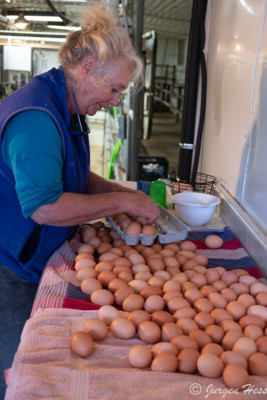
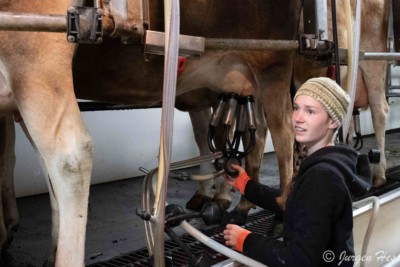
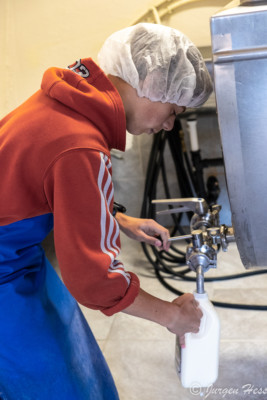
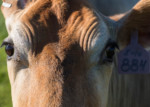
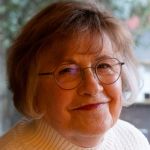
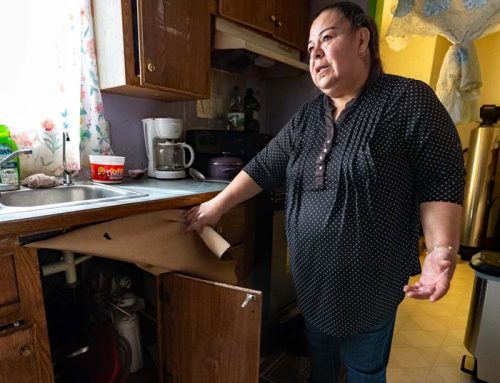
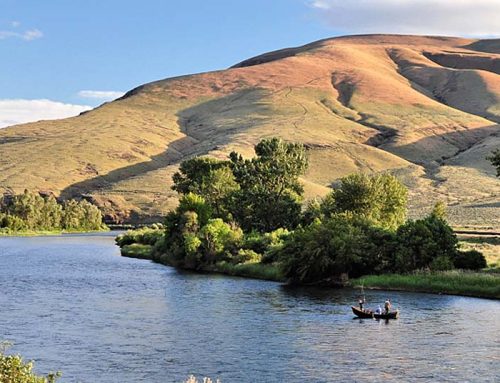
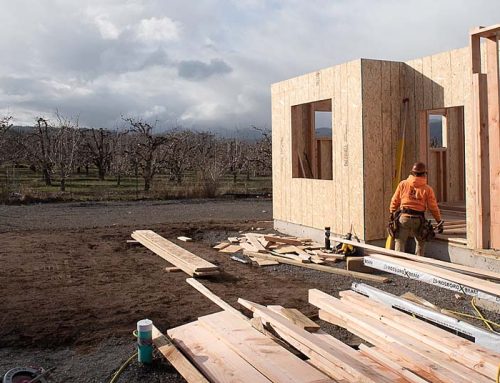
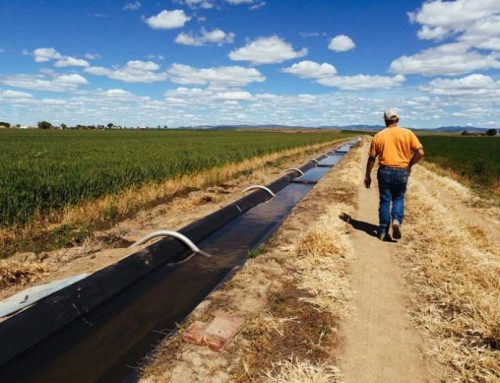
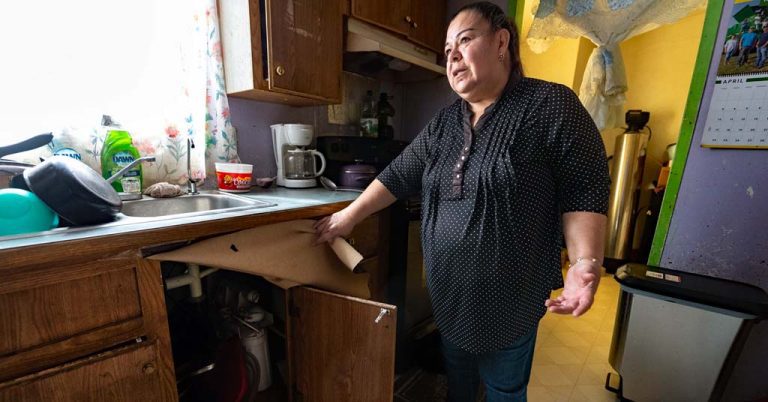
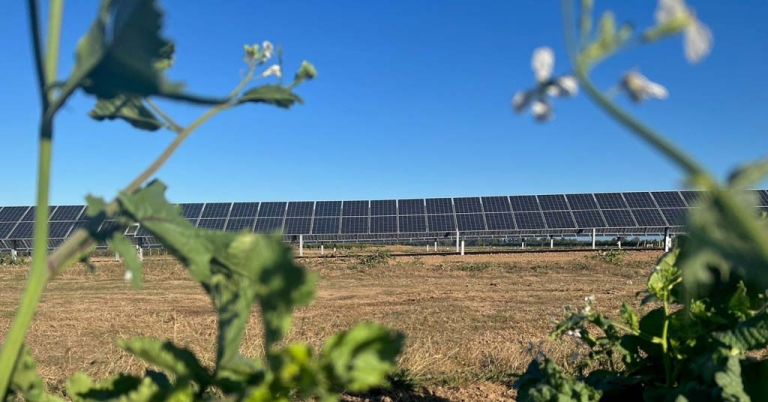
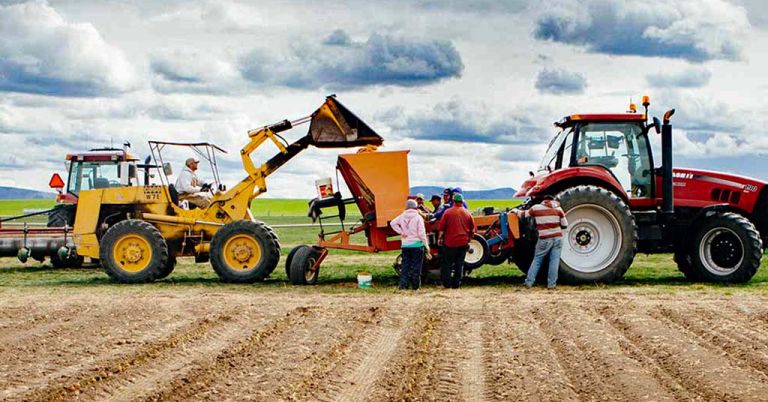
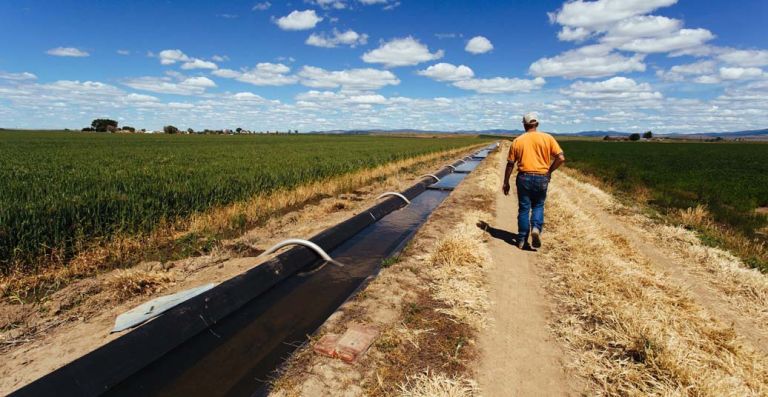


What a wonderful story, Susan! It’s a testament to American virtues, such as family values, rural life, family business, organic foods, farming that doesn’t pollute, and so on. But most of all, it’s just plain great writing and careful research.
Thank you, Darryl. Have you been on the farm? They love to have people come.
Susan
I haven’t been there, but may stop by someday. Unfortunately, my “heart-healthy” diet doesn’t allow much in the way of dairy products…except for egg whites.
Such an interesting story, Susan! I have known about the Pearsons for years because I work for the vet who used to call on Monte. I remember that antibiotics were definitely not the routine, used only when truly needed. We will hav to make an effort to stop by to meet these good people. Those eggs sure look good, too!
Thanks, Maria. On top of everything it’s so beautiful there. Be sure and notice the kids ‘swimming hole’ in the tiny irrigation canal that runs right along Little Mountain Road and their farm.
Susan
Great story, Susan. You really captured the Pearson spirit.
Thanks, Pat. Always let me know if there are some stories you think we should be covering.
Susan
The Pearsons are amazing people. We are new to the community and they have welcomed us with open arms. Plus, we enjoy picking up our milk and eggs from their farm, so delicious!
Excellent writing Susan. Would love to pet a Guernsey and gaze into her eyes. I occasionally splurge and buy their organic milk at the farm store on the way into Bingen. Delicious.
How about an article on RoundUp and it’s effect on soil organisms as well as plants? I get varying answers on whether it impacts microorganisms. And the water as well.
And how about the oaks of this area? USFS spent a lot of money to clear out other trees on the south facing slope of Catherine Creek and Major Creek to
help the oaks (!?!) And I see people cutting down oaks that have nesting holes, but it seems most oaks have that condition.
This is such an amazing story.I live in the west end of the gorge and love it! So nice to read about people who are interested in organic products.
susan, i wish you would tell their phenomenal musical story too!!
Absolutely brings me joy to support small local farms and It’s a treat for me to buy Mountain Laurel milk when I’m coming through the area for the many hikes I do that way, keep up the fantastic farming practices!
Wanting to know if you guys would consider making cheese? I’m pretty sure that Tillamook Dairy isn’t using organic practices though they say they’re not using BSt, and I’ve been buying their cheese?!
My Grandfather Carl Pearson lived with us on the ranch outside of Husum So very proud to be a Pearson/Libbey